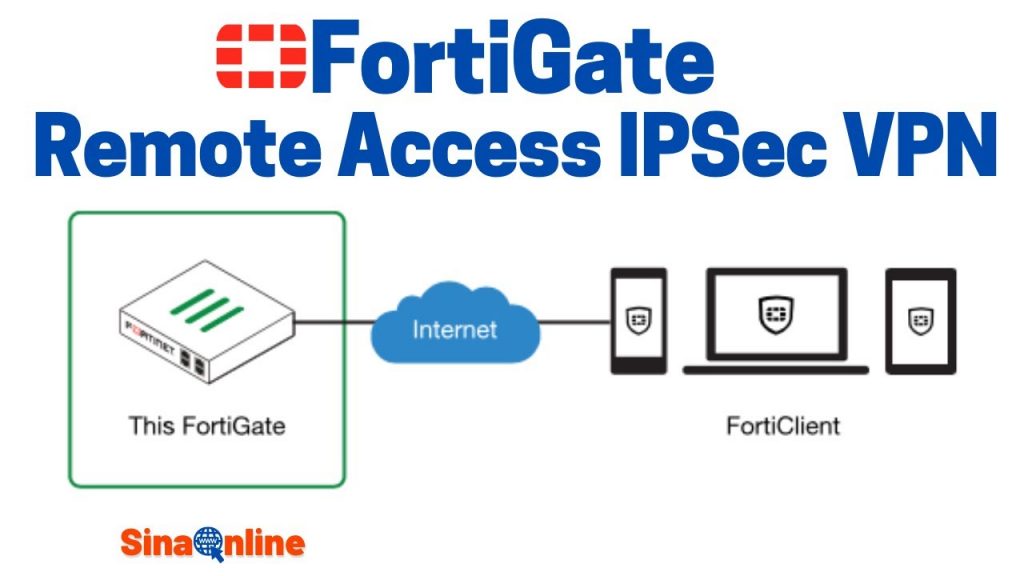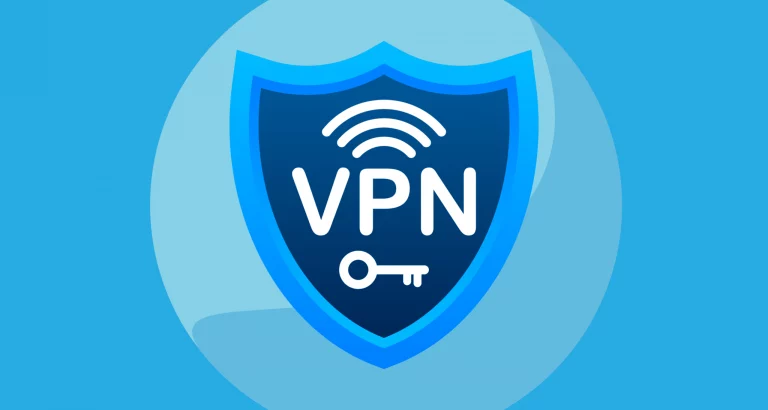
Remote Access VPN
A Remote Access VPN The Doorway to Work A part of Home
Remote users can connect to their work computer through Remote Access VPN (Virtual Private Network) is a secure, encrypted connection between two networks or between an individual and a network. It provides employees with remote work, access to company resources and the ability to communicate with their colleagues no matter where they are.
What Is a Remote Access VPN?
- Installation of VPN Client: It is the client just that gets installed by users on their devices (desktops, laptops and smartphones etc.).
- Connection to the VPN Server: This involves the connection of a VPN Client with an organization’s hosted (VPEN) server.
- Secure Tunnel: A secure, encrypted tunnel is established between the user’s device and a VPN server.
- When Connected to the Remote Access, they can Work on Roads and access files from remote dedicated secure VPN endpoints.
What You Need to Know about Remote Access VPN
- Security : If you encrypt the data in a Remote Access VPN,The sensitive information cannot be accessed by any other unauthorized person.
- Remote work flexibility: No more commute means users can also work from places that are not an office, Extended productivity and better Work life balance.
- Remote based access to network resources: This includes remote users accessing things like company email, file servers and internally hosted applications.
- Decrease costs of office space, hardware and IT support Cost Effective
- If your office closed, you can implement a disaster recovery solution using remote access VPN users still able to work from home.
Types of Remote Access VPNs
- SSL VPN:
- Uses SSL encryption.
- Less effort to set up and manage
- Less secure than IPsec VPNs.
IPsec VPN:
- More secure and flexible.
- Harder to setup and administer.
- It provides more advanced features: authentication, encryption and integrity checks.
Challenges and Considerations
- Source: Encryption and decryption can have an impact on performance negatively by potentially adding latency to the network.
- When a VPN Exposes the Security Risks: If mis-configured or not updated properly can risk you exposed to security vulnerabilities.
- User Experience: The user faces a poor experience when the VPN is not configured correctly, connection speed reduces and continuous disconnections.
Remote Access VPNs Best Practices
- Request the DCD at a high level: Use Multi-factor Authorization (MFA) to deny access forcification of account credentials.
- Strong Encryption: Data should be well encrypted as per best encryption algorithms to save data.
- Security Audits -Perform security audits periodically to realise and rectify existing vulnerabilities.
- Configuring Firewalls: This modification limits the VPN only to authorized users and devices.
- Finally, while it is the responsibility of your service provider to ensure safety on its servers and networks or adopt adequate protection from potential threats, user training remains one of the best defenses. This includes recommendations like training users against public Wi-Fi connections as well as creating secure passwords/codes for VPN access.
- Maintaining and Logging: Monitor network traffic, as well keep security logs to be used in the investigation.
Knowing the benefits, challenges and best practices of Remote Access VPNs ensures that even in today’s work-from-home world, companies can allow remote employees onto their network while still ensuring security as well as productivity.


